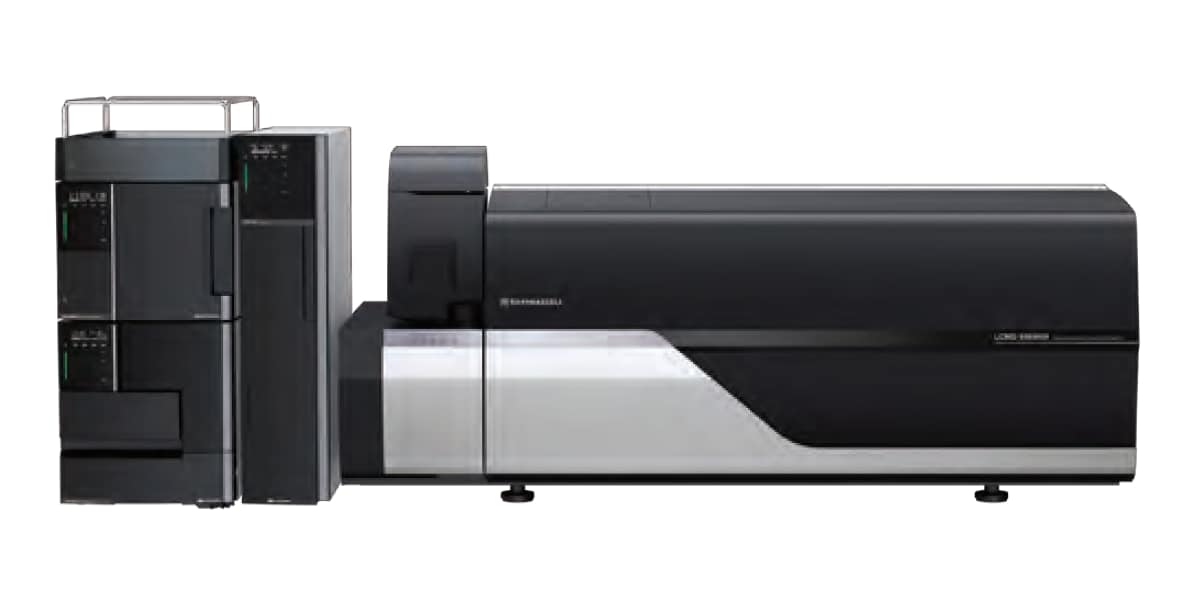
LCMS-8060NX
- Enhanced Safety: The study ensures cucumbers are safe for consumption by detecting 692 different pesticides, addressing the need for pesticide residue analysis to prevent potential health risks. - Regulatory Compliance: It supports adherence to the European Union’s maximum residue limits (MRLs) of 10 µg/L for pesticides, ensuring cucumbers meet stringent safety standards. - Validated Analytical Approach: The use of LCMS-8060NX and GCMS-TQ8040 NX, combined with QuEChERS and dSPE techniques, provides a reliable method for identifying a wide range of pesticides in cucumbers, enhancing the accuracy of residue detection.
Cucumbers are often enjoyed raw, as their crisp texture and refreshing taste make them a popular choice for salads, sandwiches, and as a standalone snack. When consumed raw, cucumbers retain their natural crunch and vibrant flavor, making them a refreshing addition to a variety of dishes. However, to fully enjoy the benefits of raw cucumbers, it's essential to ensure they are free from harmful pesticide residues, emphasizing the importance of pesticide residue analysis to guarantee their safety. To safeguard human well-being, the European Union has established maximum residue limits (MRLs) governing the concentration of pesticides in different commodities. For most of the pesticides the MRL was set 10 µg/L. This highlights the growing significance of developing analytical techniques for identifying a variety of pesticides that may be found in cucumbers. This study presents a validated approach for detecting 692 different pesticides in cucumber by using of LCMS-8060NX and GCMS-TQ8040 NX. To extract the pesticides from the sample matrix, QuEChERS extraction technique followed by dSPE clean technique were used. This validation study was conducted with the help of Saudi Food and Drug Authority (SFDA) Riyadh, Kingdom of Saudi Arabia and the AnalyticaOne, Doha Qatar authorized distributor for Shimadzu in Qatar.
January 22, 2024 GMT
Some products may be updated to newer models